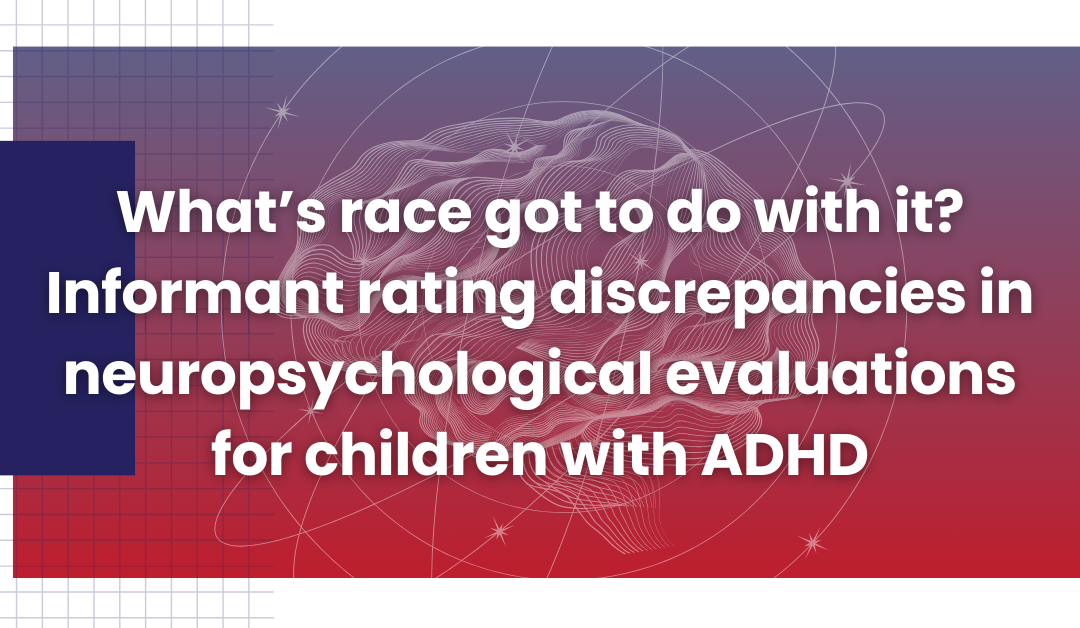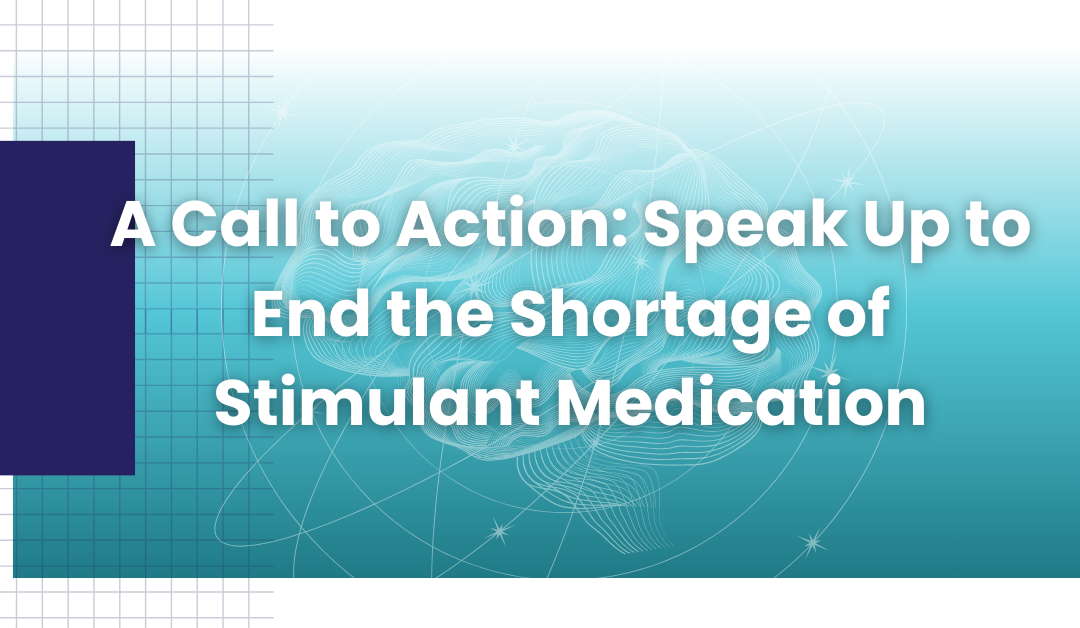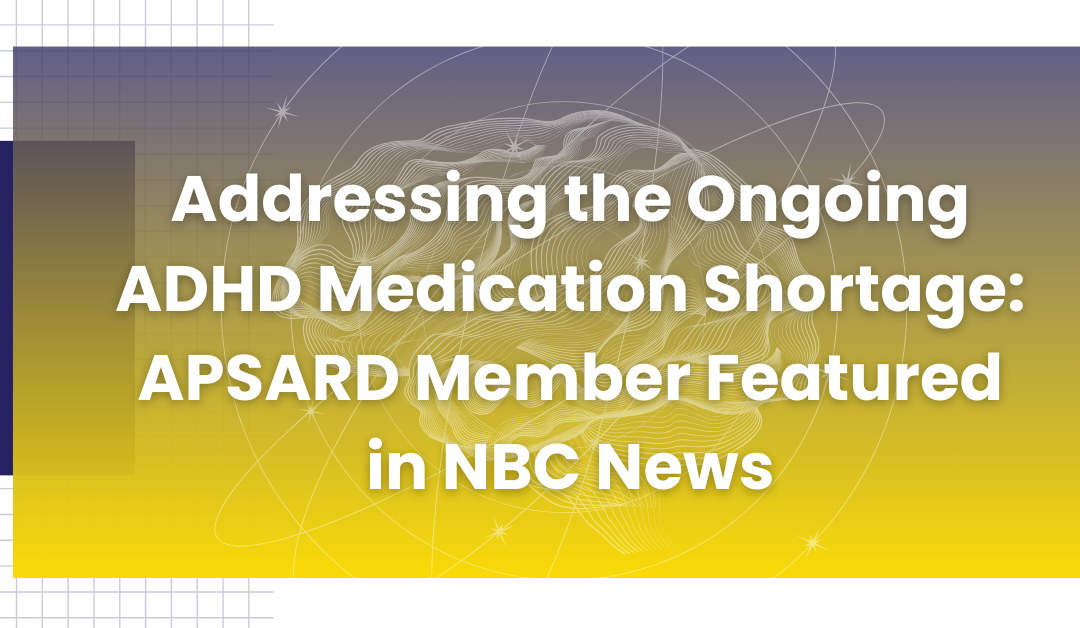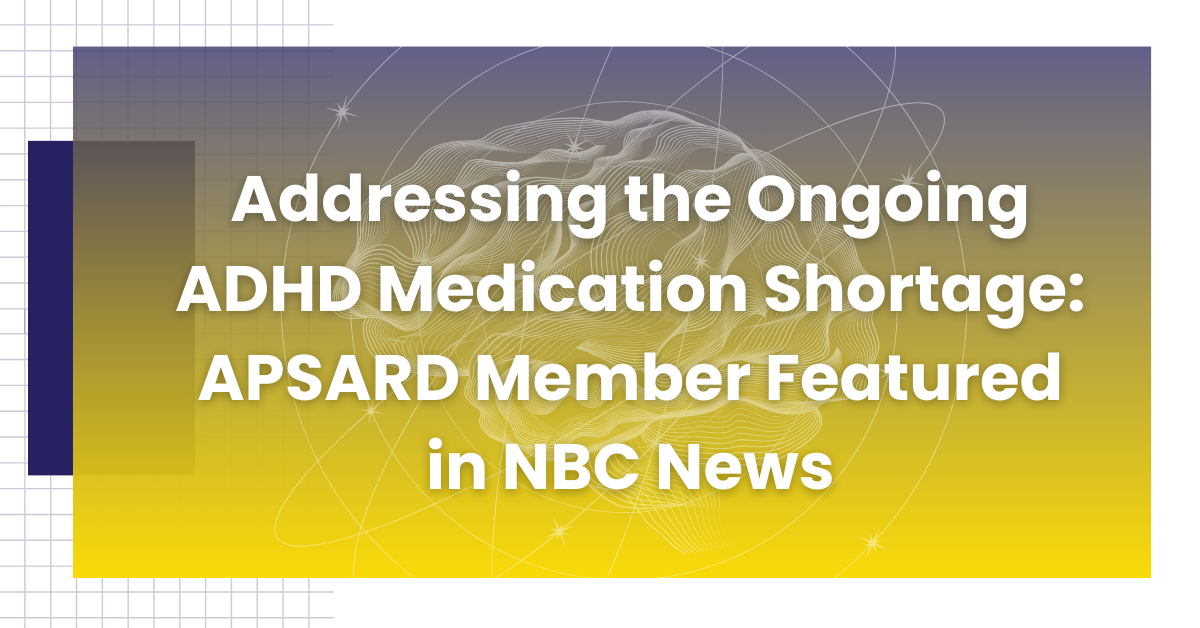Author: Stephen Faraone, Ph.D.
Cognitive Behavioral Therapy (CBT) is a one to one therapy, for adolescents or adults, where a therapist teaches an ADHD patient how thoughts, feelings, and behaviors are all interrelated and how each of these elements affects the others. CBT emphasizes cognition, or thinking, because a major goal of this therapy is to help patients identifying thinking patterns that lead to problem behaviors. For example, the therapist might discover that the patient frequently has negative automatic thoughts such as “I’m stupid” in challenging situations. We call the though ‘automatic’ because it invades the patients consciousness without any effort. Thinking “I’m stupid” can cause anxiety and depression which leads to failure. Thus, stopping the automatic thought will modify this chain of events and, hopefully, improve the outcome from failure to success.
CBT also educates patients about their ADHD and how it affects them in important daily activities. For example, most ADHD patients need help with activity scheduling, socializing, organizing their workspace and controlling their distractibility. By teaching specific cognitive and behavioral skills, the therapist helps the patient deal with their ADHD symptoms in a productive manner. For example, some ADHD patients are very impulsive when conversing with others. They don’t wait their turn during conversations and may blurt out irrelevant idea. This can be annoying to others, especially in the context of school or business relationships. The CBT therapist helps the patient identify these behaviors and creates strategies for avoiding them.
So, does CBT work for ADHD? The evidence base is small, but when CBT has been used for adult ADHD, it has produced positive results in well-designed studies. These studies typically compare patients taking ADHD medications with those taking ADHD medications and receiving CBT. So for now, it is best to consider CBT as an adjunct to rather than a replacement for medication. There are even fewer studies of CBT for adolescents for ADHD. These initial studies also suggest that CBT will be useful for adolescents with ADHD who are also taking ADHD medications. Some data suggest that CBT can be successfully applied in the classroom environment but, again, the evidence base is very small.
How can this information be used by doctors and patients for treatment planning? Current treatment guidelines suggest starting with an ADHD medication. After a suitable medication and dose is found, the patient and doctor should determine if any problems remain. If so, than CBT should be considered as an adjunct to ADHD medications.
References:
Antshel, K. M. & Olszewski, A. K. (2014). Cognitive Behavioral Therapy for Adolescents with ADHD. Child Adolesc Psychiatr Clin N Am 23, 825-842.
Safren, S. A., Sprich, S., Mimiaga, M. J., Surman, C., Knouse, L., Groves, M. & Otto, M. W. (2010). Cognitive behavioral therapy vs relaxation with educational support for medication-treated adults with ADHD and persistent symptoms: a randomized controlled trial. JAMA 304, 875-80.
Solanto, M. V., Marks, D. J., Wasserstein, J., Mitchell, K., Abikoff, H., Alvir, J. M. & Kofman, M. D. (2010). Efficacy of meta-cognitive therapy for adult ADHD. Am J Psychiatry 167, 958-68.









